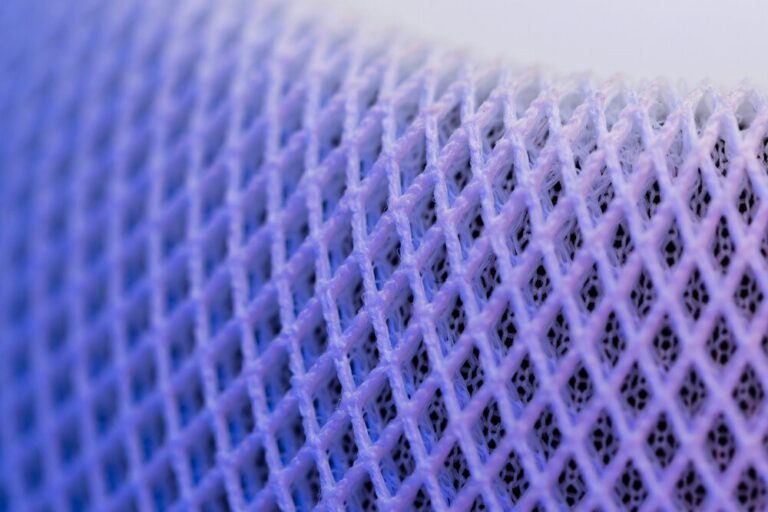While lithium-ion batteries are everywhere, and used in a variety of applications, when it comes to lower cost and extending the range of electric cars, they could be a lot better. The anode is critical to storing energy in these batteries, and now, researchers at the United States Department of Energy’s Lawrence Berkeley National Laboratory have designed a new kind of anode that can absorb eight times the lithium of current designs. Moreover, the new anode has maintained its increased energy capacity after over a year of testing, and many hundreds of charge-discharge cycles. The secret is a special polymer that conducts electricity and binds closely to lithium-storing silicon particles, while also being made up of low-cost materials that are compatible with standard manufacturing technologies. According to Gao Liu, part of Berkeley Lab’s Environmental Energy Technologies Division, “Using commercial silicon particles and without any conductive additive, our composite anode exhibits the best performance so far. The whole manufacturing process is low cost and compatible with established manufacturing technologies. The commercial value of the polymer has already been recognized by major companies, and its possible applications extend beyond silicon anodes.” The team is already pushing to the next step and looking to study other battery components, including cathodes. The team’s findings were reported in the journal Advanced Materials.
http://newscenter.lbl.gov/news-releases/2011/09/23/better-li-ion-batteries/




